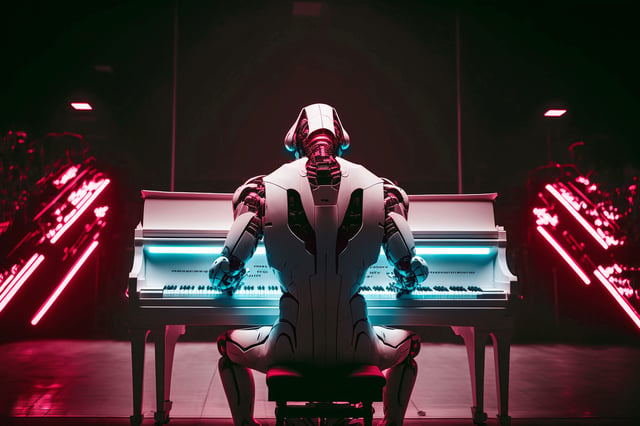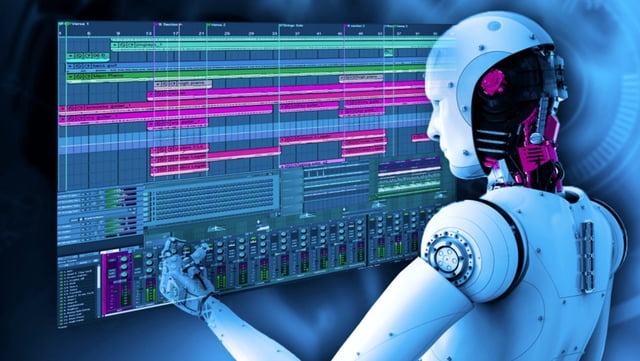Overview
- Researchers from Universitat Autònoma de Barcelona, Instituto RTVE and University of Ljubljana tested 88 participants with identical video clips scored by human compositions and AI-generated music from simple and complex prompts
- AI tracks caused significantly larger pupillary dilation than human-composed pieces, indicating stronger emotional engagement
- Complex AI prompts led to increased blink rates and skin conductance shifts, markers of higher cognitive burden
- Listeners described AI-generated music as “more exciting” while rating human-composed scores as “more familiar”
- Lead author Nikolaj Fiser highlighted that decoding emotional cues in AI audio may involve distinct neural pathways and called for further research



